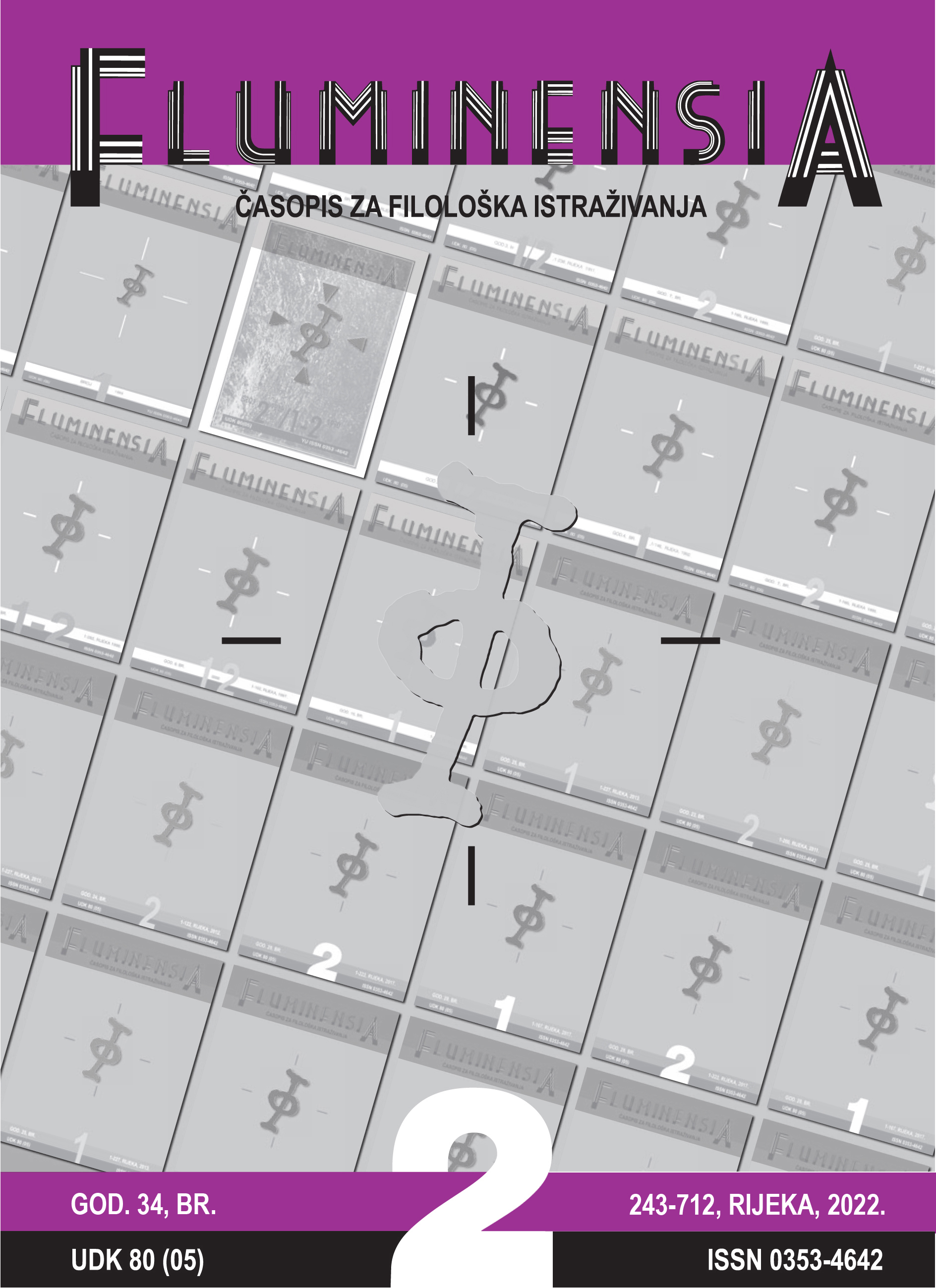DIALECTAL POETRY OF RIJEKA’S ANTAEAN CONVENTION ITALIAN LANGUAGE EXPRESSION POETS AT THE TURN OF THE 19TH AND THE 20TH CENTURY
Keywords:
Rijeka Italian literature, dialectal poetry, Antaean convention/tradition, fiumanologyAbstract
Rijeka’s literature in the Italian language, especially in its dialect, the Fiuman dialect, has been neglected for a long time, and it is only in recent decades that this rich area of Rijeka’s cultural heritage has undergone in-depth systematic study. Some Rijeka scholars and admirers of Rijeka’s culture, through the study and scientific valorisation of various segments present in its multicultural atmosphere, have paved the way for fiumanology and fiumanistics, aimed at revaluation of Rijeka’s rich cultural heritage in the local Italian dialect. We intend to continue with the analysis of Rijeka’s literature in the Italian language,
following the thought of Rijeka scholars, who, since the eighties and nineties of the previous century, began to conduct more intensive research into Rijeka’s multiculturalism. With this article on the dialectal segment of Italian Rijeka literature, we want to contribute to the study of its corpus within border literature that has been marginalized for too long for historical and other reasons, and to draw the attention of our scholars to a valuable segment of Rijeka’s literature. At the same time, we consider it our modest contribution in the context of Croatian - Italian cultural and literary ties. Dialect poets gathered around the so-called “Antaean convention / tradition” mostly sign their works with unusual, humorous, and self-ironic artistic names such as Mario Schittar (Zuane de la Marsecia), Arturo Caffieri (de Rocambole), Gino Antony (Cavaliere di Garbo) and Oscarre Russi (Russeto). The most important determinant and common denominator of poetry within the convention is the use of irony, self-irony, humour, satire, and persiflage.

